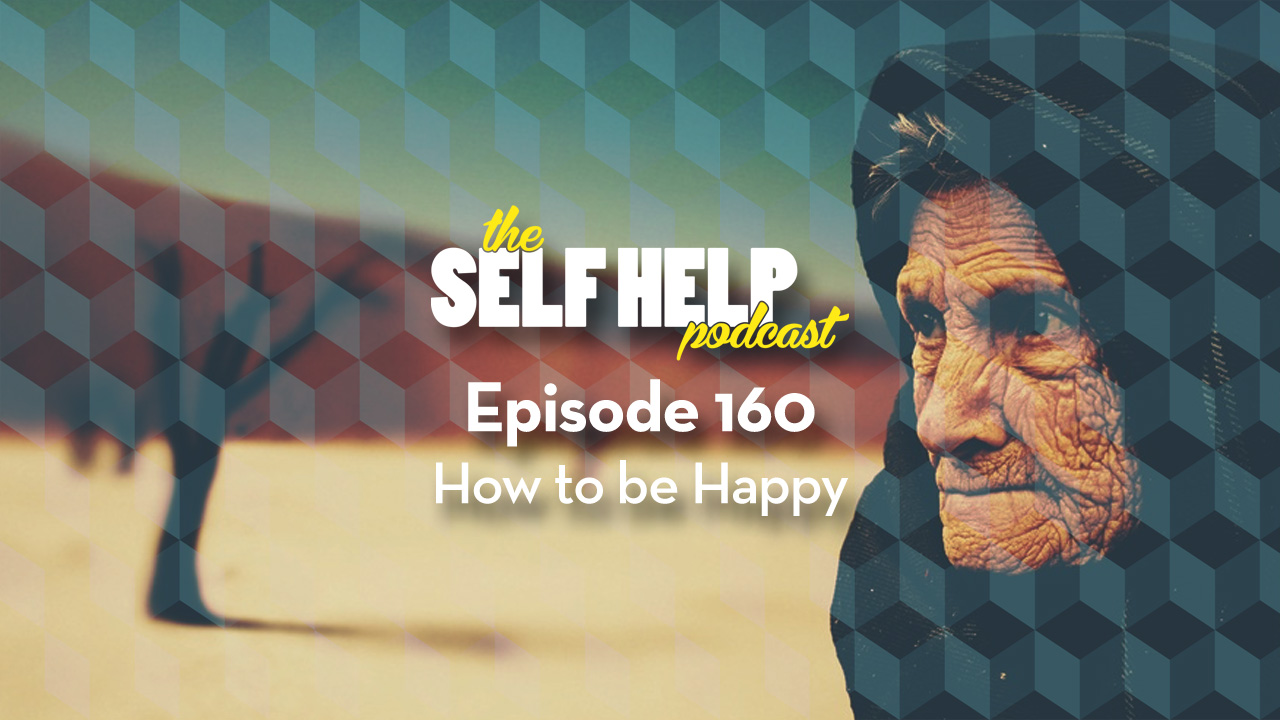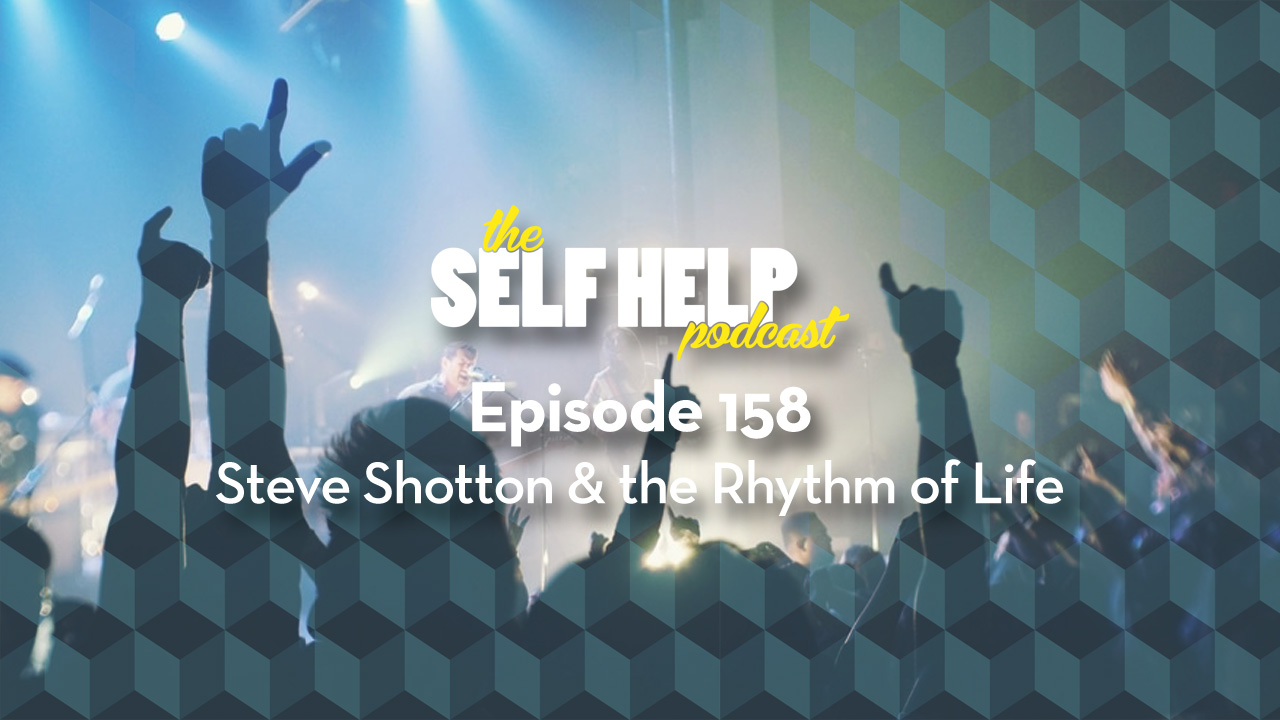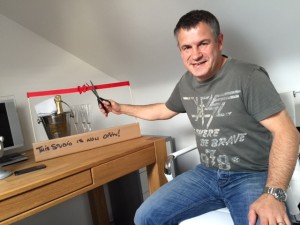On the podcast this week Ed and I were talking about trust and what happens once it has been broken. So much of what we are and what we do in society is based on trust.
On the trading floor of the Baltic Exchange the world’s only independent source of maritime market information for the trading and settlement of physical and derivative contracts commits it’s international community of over 600 members encompasses the majority of world shipping to a code of business conduct overseen by the Baltic that is “My Word Is My Bond”.
In the exchange every deal and transaction on the busy trading floor is done on the trust that what I say I will do. Millions of dollars are traded everyday on this “trust”.
Since 1744 Baltic Exchange members have undertaken to commit to this code of conduct. Those who breach the code are expelled.
We see codes of conduct, or trust, established for many business and professional areas. When we see the doctor we ‘trust’ them to act in our best interests as we do with the solicitor, teacher, financial adviser and so on. When people break the code, or the trust, they are turned out of the group. Priests are “defrocked”, service personnel “court-martialled”, doctors are “struck off” Baltic Exchange members are “expelled”. Even in our social groups we expel those that don’t adhere to the social code. We “send them to Coventry” and we no longer talk to them or acknowledge them.
Trust works, or is broken at all levels of human interaction. The most problematic and therefore the most common in the consulting room is unfaithfulness in relationships. When this contract is broken we call it separation or divorce.
In all forms of broken trust the issue is can we ever put it back together, can we learn to trust again and how will it effect the rest of our life?
This week we received the following email…
My ex wife had an affair that I discovered. Some 2 years after our divorce I’m now with someone else and I find it difficult when she goes out in the evening as I fear she might be unfaithful (even though I have no evidence she would be). I find it tough to deal with that / things are good when we’re together but it’s difficult when we’re apart as my mind imagines all the things that could happen.
In this case the person above, who has been let down, has carried the issue of hurt and loss with them into their next relationship. So often we are loaded with unfinished emotional business from our past that is effecting our present.
“I’m not upset that you lied to me, I’m upset that from now on I can’t believe you.”
Friedrich Nietzsche
Trust is a strange thing. It assumes that we can rely on another person to do either what they agreed to do or what we expected them to do. My teacher told me that my need to have trust from others was misplaced and could never be. When I protested he told me that “trust is what happens to a chicken before you put it in the oven!” His point was that a chicken before it is cooked is trussed so that it will not move while being cooked. He said that when we put our trust in other people we truss them into an immoveable position. This is an impossible thing to do because people can never be trussed or fixed. They are moving living breathing, developing, learning beings who will always change and will never stay the same.
When it comes to relationships research shows us that up to 60% of people have affairs. Which means that we have less than a 50% chance of having a faithful relationship. The two questions this raises is why, and can we put it back together after the event?
Why?
When asked ‘why?’ most people say that they needed some attention. For the majority sex was never the issue. If was mainly the feeling that someone wanted them, appreciated them, desired them and most importantly listen to them and made them feel valued and important.
Now, there will be a percentage of people who are serial philanderers who will never truly commit to a relationship, there will be those that are addicted to the dopamine, the love drug, generated at the outset of a new relationship and there will be a percentage of people on the psychopathic spectrum who lack any real empathy.
As the majority of people are not psychopathic, philandering love addicts, we need to look to communication as a key to the maintaining a relationship. It is said that “those who eat together stay together”. In most cases couples who talk and do things together create the emotional bonding that is oxytocin in brain chemistry. Oxytocin is what binds a mother to a child and members of a relationship to each other. Couples who communicate stay together, those with active oxytocin stay together.
Can we put it back together?
The simple answer is normally “no”. However, it does not have to be that way.
In the workplace I get involved in myriad mediation cases that often come to nothing or are at best a papering over the cracks with an agreement for the workers to act professionally with each other in the future. Once the trust has gone the professionalism is a mask.
With couples in the consulting room I find that it is usually fairly clear. Most women seem prepared to give it another go after their man’s infidelity, though it may take them much work and time. There are few men prepared to give a woman another chance. For those that do choose to stay together and have a go at working it out there are some things that need to be done and said.
The new contract
You need a new contract that involves letting go of the past. This is what we deal with in the first step of the live in the present course. Until we let go of that past it will always drag us back and tip us moving forward. It is like a weight that will hold us back.
Forgiveness is hard. If you have never considered it have a look at step one.
Most importantly if you have problems letting go of your past email in and take some time to deal with your issues, don’t allow them to ruin your life.
Take care be happy and do not allow your unresolved past to wreck your present. Deal with it, seek therapy and enjoy your life.
Sean x





 Back to back Live in the Present case studies? You bet! This week we’re joined by Steve Shotton who completed our course back in 2010. He’s worked hard at it and is on the cusp of spending 100% of his time doing what he loves. The energy and excitement in this lovely chap is hard to contain…
Back to back Live in the Present case studies? You bet! This week we’re joined by Steve Shotton who completed our course back in 2010. He’s worked hard at it and is on the cusp of spending 100% of his time doing what he loves. The energy and excitement in this lovely chap is hard to contain…